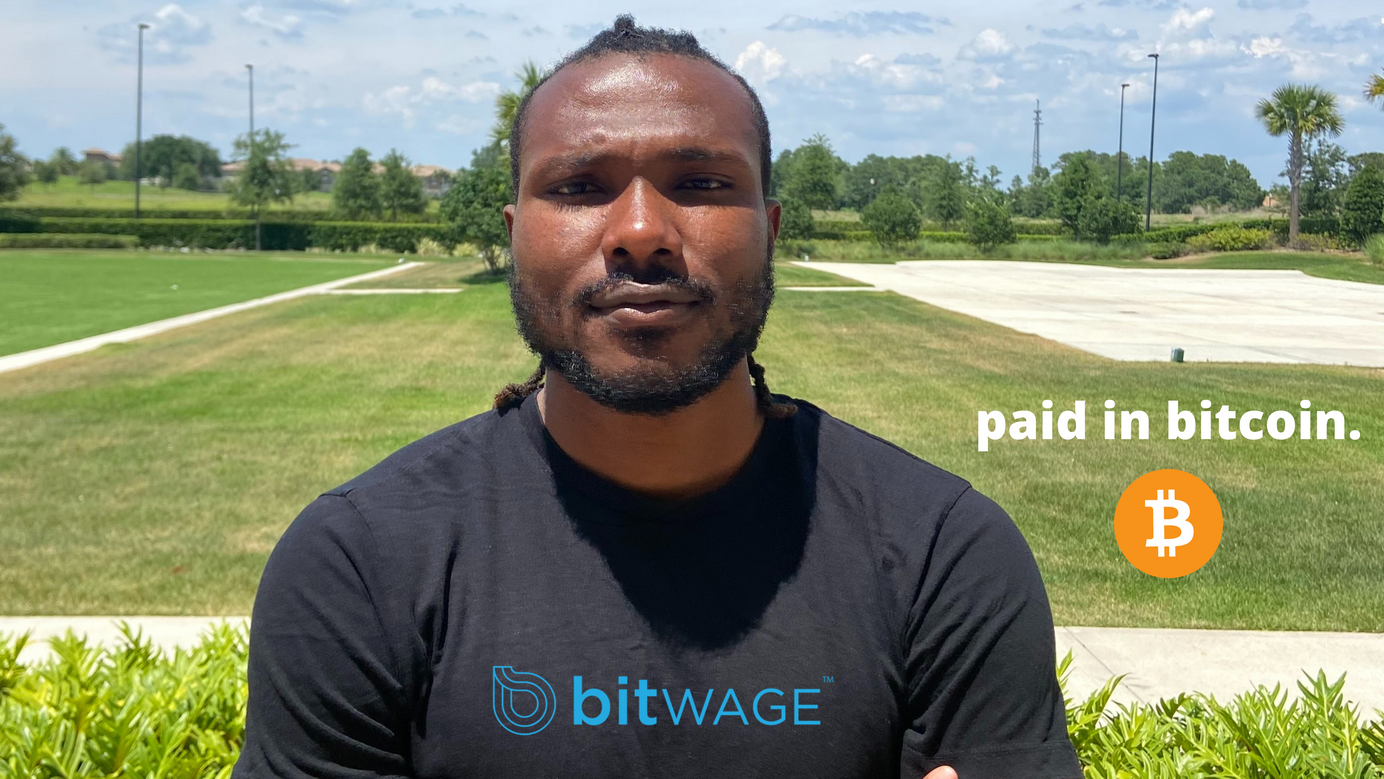
Why The Bitcoin Blockchain Matters For Your Company Or Startup.
Table of Contents
The conversation that began with Bitcoin’s rise has evolved from digital currency to the effects blockchains will have, and then into the value private blockchains will have within enterprises. We are just beginning to understand the implications of an immutable public register, but if you listen, there are echoes of the last game changing shift.
The arrival of the web in 1993 changed everything. The web browser was a graphical client in what had been a purely text world, and it swept up, or simple swept away everything that preceded it. Are you old enough to remember the web in 1998, five years after its creation? No Google, no YouTube, no Amazon, and your top Christmas wish might have been a 56k modem, which had just become available.
We can’t predict precisely what comes next, but there are recognizable patterns in play. And Fear, Uncertainty, and Doubt (FUD) are in the air.
Back in 2014, when Bitcoin was five, the split between that specific digital currency and the more general concept of the blockchain began. Now it is understood that digital currencies use blockchains, but blockchains are a product in their own right. The roar of hype around public, permissioned, and private blockchains is almost deafening. Every single company with a blockchain solution that is not using Bitcoin is trying to distance themselves from it.
Earlier this month, I was at the Indus Entrepreneurs Conference, a technology event here in Silicon Valley. I heard someone speaking about blockchain at the KPMG booth. An Indian entrepreneur was discussing how Bitcoin was doomed to fail and that blockchain was the future. I asked him about nearly instantaneous payment settlements. He retorted that he had tried to run a Bitcoin wallet service, but chose to close down the service because they determined that Bitcoin would never be regulated and, as such, was doomed to fail.
This claim regarding regulation struck me as strange. A few months ago I hopped on a plane for Europe and spent the day with members of the European parliament, helping them draft a recently released resolution on virtual currencies, which would likely help to form European regulation, as part of a Bitcoin Regulation working group. My company, Bitwage, is also active with the Blockchain Alliance, which works directly with regulators and enforcement agencies from the United States and abroad, to help create unity between the bitcoin industry and governments.
Read the full article here on Forbes.
Photo by Andre Francois on Unsplash









